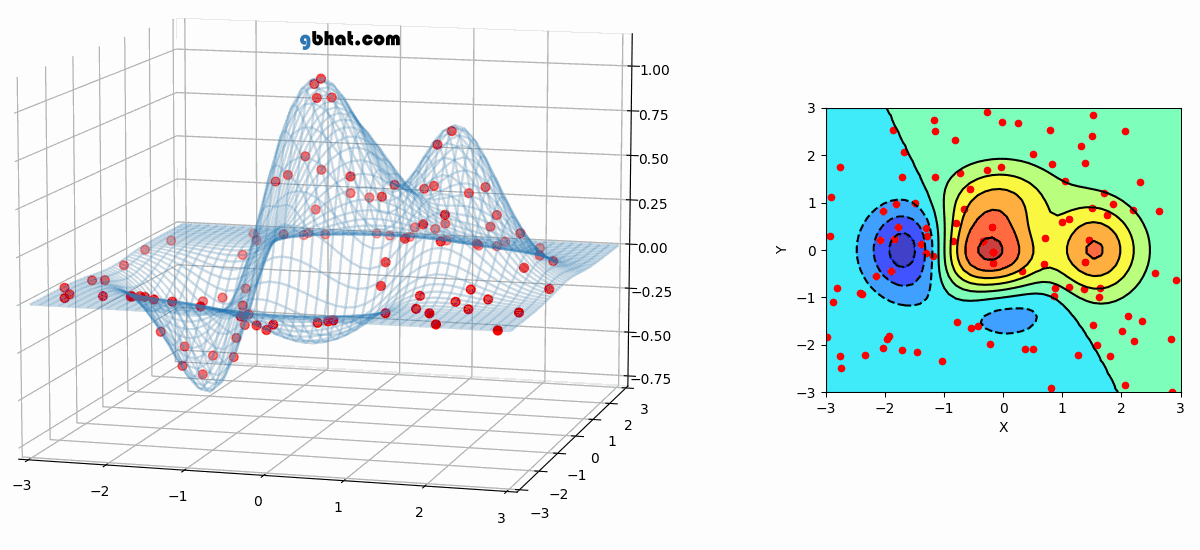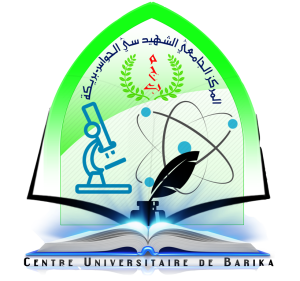
- Teacher: ELBAZ Khalil

Ce cours a pour objectif de : Comprendre les différents éléments de la représentation des
connaissances ; comprendre les outils d'inférences ; et les principales approches
développées en intelligence artificielle afin de représenter les connaissances incertaines et
de modéliser les modes de raisonnement sur ces connaissances.

Machine learning, one of the most important pillars of artificial intelligence, forms the foundation of our focus. Therefore, we primarily start from this concept.
This module aims to develop knowledge of machine learning techniques, the tools associated with them, and the applications of machine learning in the field of artificial intelligence.
- Teacher: atef bentahar

Meta-heuristics and Evolutionary Algorithms introduces students to advanced optimization techniques for solving complex real-world problems. The course starts with a general introduction to optimization, covering fundamental concepts, problem types, and the importance of optimization in various fields. It then focuses on single-solution algorithms, including Simulated Annealing, Tabu Search, and Neighborhood Search algorithms, which iteratively improve a single candidate solution. Following this, the course explores population-based algorithms, such as Genetic Algorithms, Particle Swarm Optimization, and Ant Colony Optimization, which operate on a group of solutions to enhance search efficiency. Students will also study hybrid metaheuristics, learning how combining different methods can improve optimization performance. The course blends theoretical foundations with hands-on implementation across diverse applications.
- Teacher: saib bouthina

The objective of the course is to introduce distributed artificial intelligence to students.
The concept of agent which is perhaps seen as an extension of the concept of object is introduced.
The two types of agents, namely the cognitive agent which simulates human behavior and the reactive agent which simulates particles, are studied through their architecture.
At a second level, the multi-agent system is presented through its theory, its different architectures and the languages dedicated to its implementation.
- Teacher: Maroua GRID

Objectifs de l’enseignement
L’objectif de ce module est d’initier les étudiants à la recherche scientifique en présentant la méthodologie et les règles de base à maîtriser, de définir la procédure pour comprendre, évaluer et écrire la recherche scientifique
- Teacher: adel berhoum

